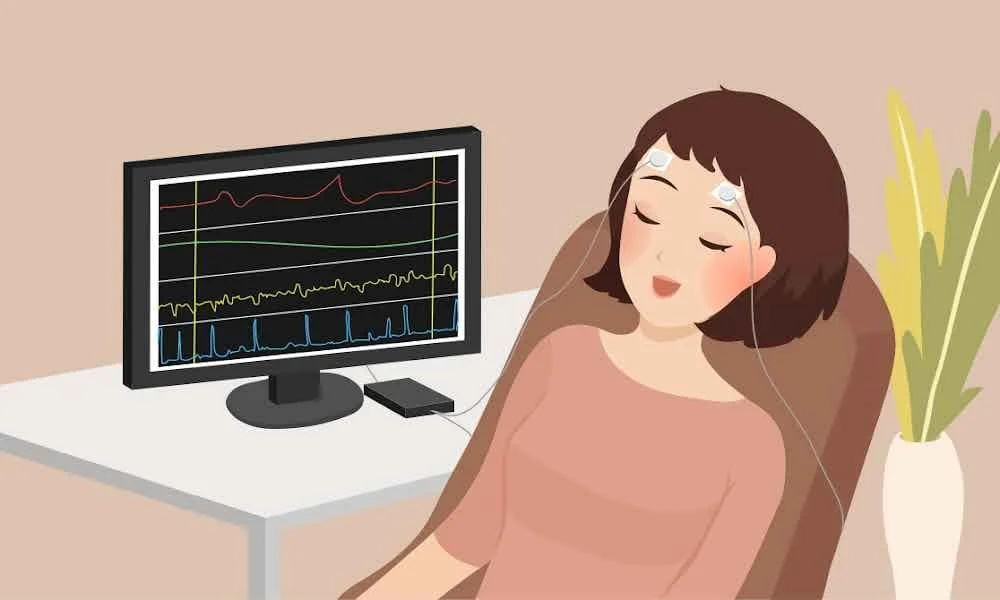Neurofeedback, also known as EEG biofeedback, is a type of biofeedback therapy that uses real-time displays of brain activity—most commonly EEG (electroencephalography)—to teach self-regulation of brain function. It has shown to be beneficial in helping children overcome various physical and mental health challenges, and it also holds potential for optimizing normal brain functioning.
One of the significant benefits of neurofeedback with children lies in its efficacy in managing attention-deficit/hyperactivity disorder (ADHD). Children with ADHD often exhibit abnormal patterns of brainwaves, particularly low-frequency theta waves and high-frequency beta waves. Neurofeedback training can help them learn to adjust these patterns, leading to improved concentration, reduced impulsivity, and better behavior regulation. This approach can be an excellent adjunct or even an alternative to medication, offering a non-invasive, drug-free solution for managing symptoms.
Neurofeedback has also been used to help children with autism spectrum disorder (ASD). It may improve social interaction, communication, and repetitive behaviors, which are common challenges for these children. While research in this area is ongoing, early results indicate potential benefits.
Children with learning difficulties can also significantly benefit from neurofeedback. By helping to optimize the brain's functioning, neurofeedback can enhance a child's cognitive skills such as memory, attention, and problem-solving, leading to improved academic performance.
Moreover, the use of neurofeedback can foster better emotional regulation in children who struggle with anxiety, depression, or other mood disorders. This kind of training can help them learn to better control their physiological responses to stress, leading to a more balanced emotional state.
The non-invasive nature of neurofeedback is another benefit, making it a safe intervention for children. It doesn't involve any surgery or medication, reducing the risk of side effects. And since it operates more like a training program than a treatment, it can be a more engaging, game-like experience for children, enhancing their motivation and compliance.
In summary, neurofeedback can be a powerful tool in supporting children's mental and physical health. It offers a non-pharmacological option for managing various conditions, enhancing cognitive functioning, and fostering emotional wellbeing.

